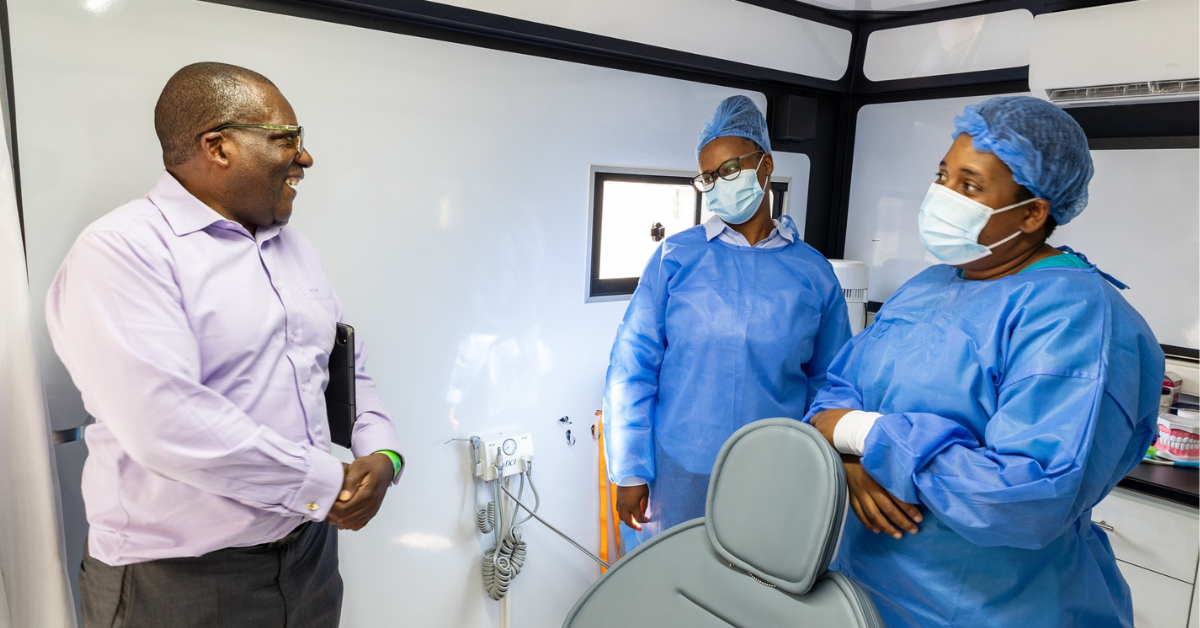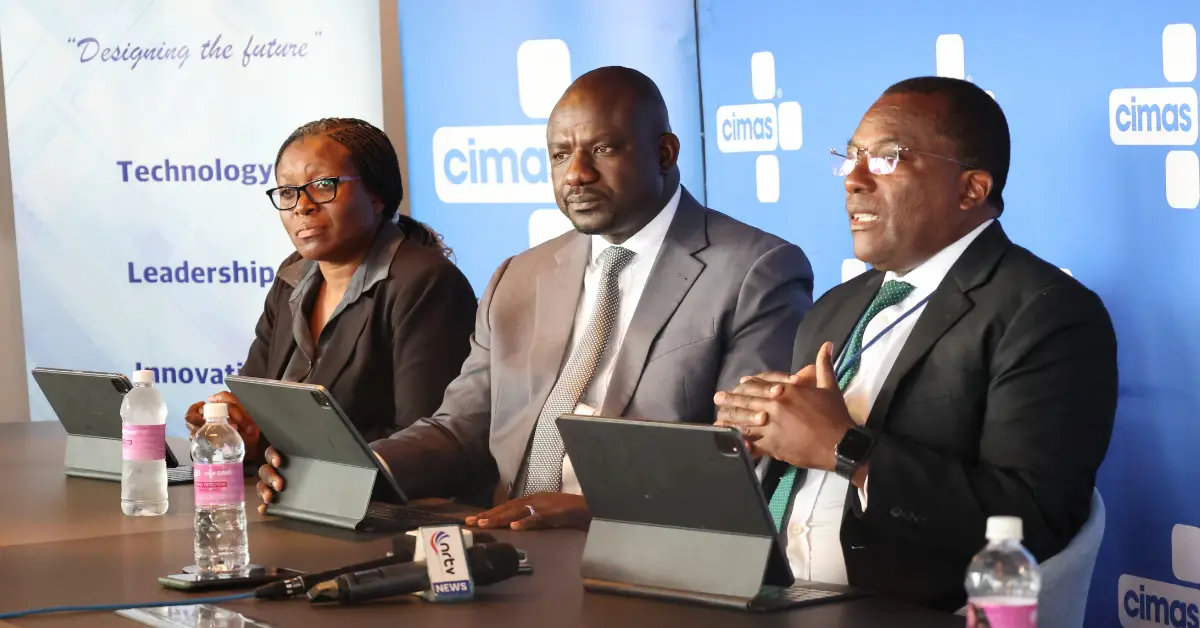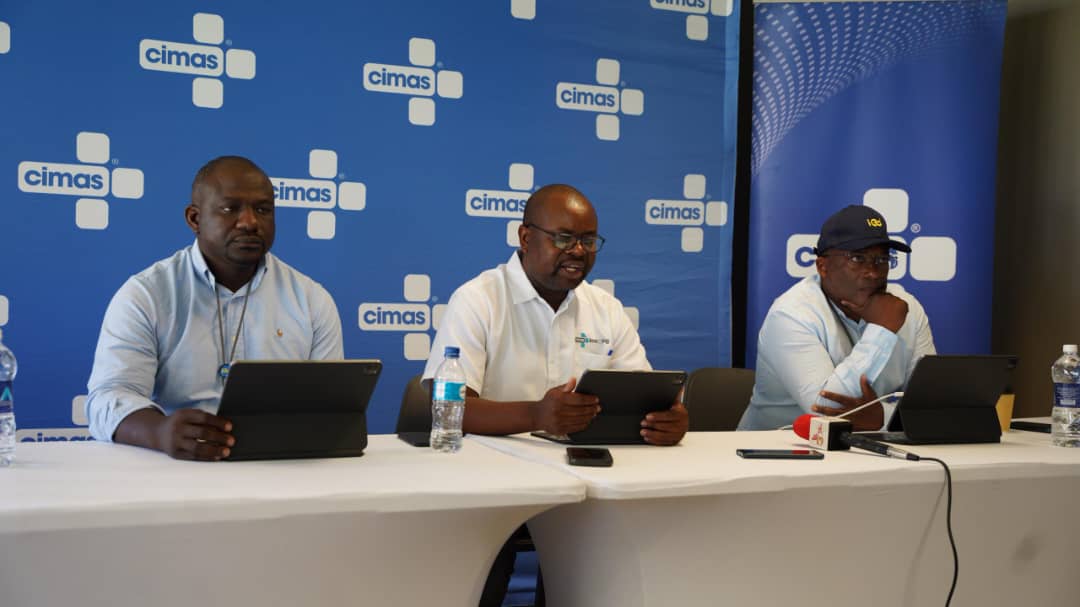In a healthcare landscape marked by scarcity and adversity, innovation is not a luxury—it is a necessity. Nowhere is this more evident than at Cimas Health Group, where a relentless drive for excellence in medical innovation is transforming the way Zimbabweans experience healthcare.
Zimbabwe’s public health sector faces formidable obstacles: outdated infrastructure, chronic shortages of medicines, and a high burden of both communicable and non-communicable diseases. For many, access to quality care remains out of reach.
Cimas Health Group has responded to these challenges with a bold strategy—one that places innovation at the heart of its mission. “Cimas Health Group, as a key player in healthcare, is committed to driving innovation in transforming healthcare services,” says CEO Vuli Ndlovu .
One of Cimas’s most significant innovations is the digitization of its healthcare delivery systems. All Cimas outlets are now equipped with modern, digital equipment, and the organization is rolling out paperless electronic clinics. This digital transformation has revolutionized patient management, enabling more efficient operations, accurate record-keeping, and improved service delivery .
“All the Cimas facilities were digital and the organisation was rolling out paperless electronic clinics, a move into the future,” says Thando Kembo, Chief Operating Officer .
The adoption of electronic health records has also facilitated better coordination between providers, reduced errors, and made it easier for patients to access their medical histories—a critical step in delivering patient-centered care.
To address the persistent problem of medical aid fraud, Cimas introduced biometric fingerprint scanners at service points. This innovation ensures that only registered members access benefits, preventing card sharing and fraudulent claims.
“Biometric fingerprint scanners have helped ensure members do not lend their medical aid card to other people. Over-servicing is a major problem. This is where unnecessary tests or treatment are undergone,” explains Ndlovu.
The COVID-19 pandemic accelerated the adoption of telemedicine, allowing patients to consult with healthcare professionals remotely. This innovation has expanded access to care, especially for those in remote areas or unable to travel during lockdowns.
“Covid-19 accelerated this process, with the introduction of telemedicine. Various digital channels and digital alternatives have been introduced. Cimas clinics now have electronic patient health records, making their operations more efficient and giving doctors better access to patient records. This has improved the quality of its services. More than 80 percent of Cimas claims submissions are electronic,” says Ndlovu.
Cimas was a pioneer in launching wellness programs in Zimbabwe, starting its wellness business in 2016. The iGo wellness programme promotes healthy lifestyles and preventive care, offering daily fitness classes, wellness counseling, and corporate wellness visits.
“Hence it launched its iGo wellness programme to encourage healthy lifestyles in order to reduce the risk of non‑communicable diseases and encourage adherence to treatment protocols and a healthy lifestyle to slow down or reverse some diseases. The aim is to ensure Cimas members live long and happy lives. The wellness programme has proved popular. Wellness events are often oversubscribed,” says Ndlovu.
In response to economic crises and the rejection of medical aid cards by providers, Cimas began directly providing healthcare services. The group now operates its own clinics and hospitals, including the acquisition of the Avenues Clinic and the opening of a new hospital at 35 Fife Avenue in Harare.
This expansion has made quality healthcare more accessible and allowed Cimas to maintain high standards and implement the latest medical technologies.
Cimas has sponsored the training of more than 20 medical specialists in fields such as paediatrics, haematology, neurology, and surgery since 2015. This initiative addresses the shortage of specialists in Zimbabwe and ensures long-term improvements in the health sector.
Cimas has actively promoted healthcare innovation by organizing events such as the Healthathon, a competition designed to encourage young innovators to develop solutions for pressing healthcare challenges. The Healthathon 2.0, launched in 2024, is a testament to Cimas’s commitment to fostering a culture of innovation in the sector.
“Cimas Health Group has launched Healthathon 2.0, a groundbreaking competition designed to foster innovation in the healthcare sector,” the company announced.
For many Zimbabweans, Cimas’s innovations have been transformative. “Cimas is a very good medical aid scheme with the biggest load to carry of chronic patients,” says one member, reflecting the trust and reliance placed on the organization.
Clients have noticed and appreciated the enhanced quality of service, including shorter waiting times and better communication from healthcare providers. “There is a general consensus that Cimas’s initiatives have made healthcare more accessible, especially for those who previously faced barriers to care,” notes a recent study on customer perceptions.
“At Cimas, we are proud to champion innovation, leadership, and commitment to quality healthcare,” says a Cimas executive.
Cimas Health Group’s journey of medical innovation is a testament to what is possible when vision, leadership, and a commitment to excellence come together. In a country where challenges abound, Cimas is lighting the way—one innovation at a time.












